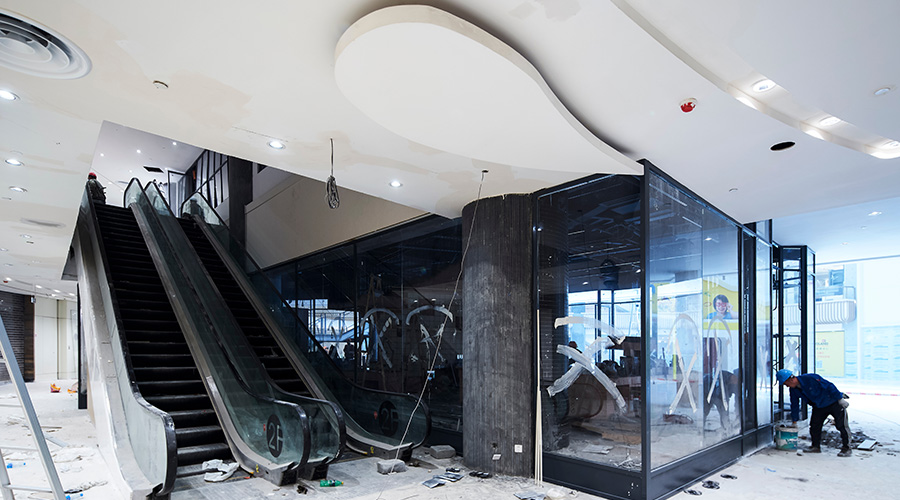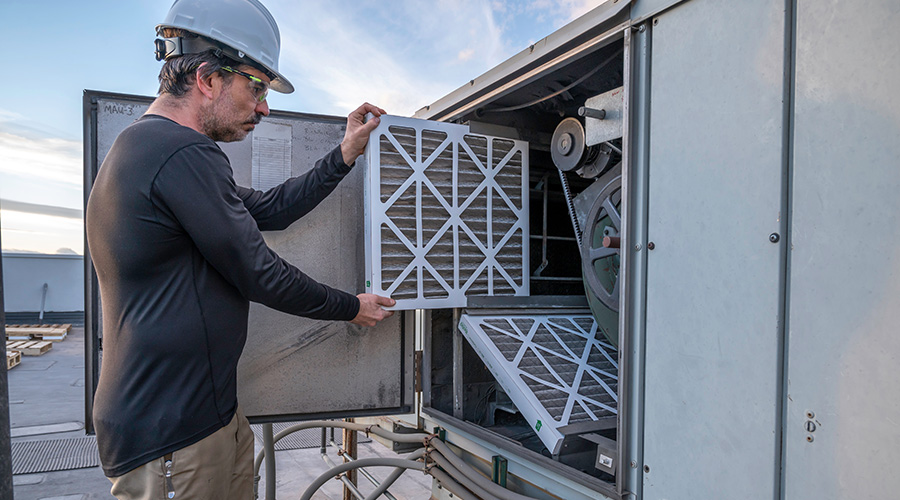
How to Spur Adaptive Reuse of Old Mall Facilities
A Pennsylvania lawmaker has introduced a bill to provide tax incentives for certain types of adaptive reuse April 25, 2024
By Greg Zimmerman, Senior Contributing Editor
What do we do with the languishing shopping centers, malls, and even commercial office buildings sitting vacant all over the country as buying and work habits have changed?
One Pennsylvania lawmaker thinks the solution is offering tax incentives for redeveloping these properties. Josh Siegel, a Democrat from Lehigh, wrote a bill that would form a committee to provide guidance specifically for redeveloping vacant shopping malls, according to the Central Penn Business Journal. The legislation passed in the Pennsylvania House of Representatives and now moves to the Senate, where it’s also expected to pass.
There are numerous examples since the pandemic of successful reuse of malls, from a Rochester, New York mall turned to a medical hub (cutting six months off the project’s timeline) to a Los Angeles mall turned into a Class A office campus.
Much like recycling steel or other waste in a building remodel, adaptive reuse is inherently a sustainability strategy. For that reason, the LEED rating systems offers credits for adaptive reuse of buildings.
Adaptive reuse will be a strategy that continues to gain momentum, both as shopping and working habits continue to shift, and also as designers and owners look to streamline the design and build process.
Greg Zimmerman is senior contributing editor for FacilitiesNet.com and Building Operating Management magazine.
Next
Read next on FacilitiesNet












